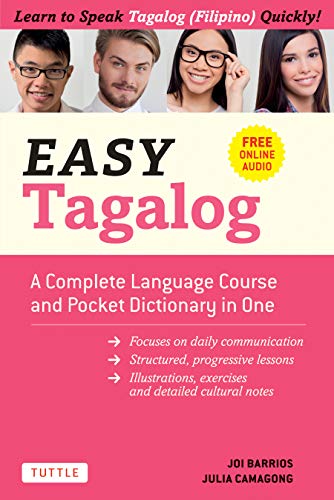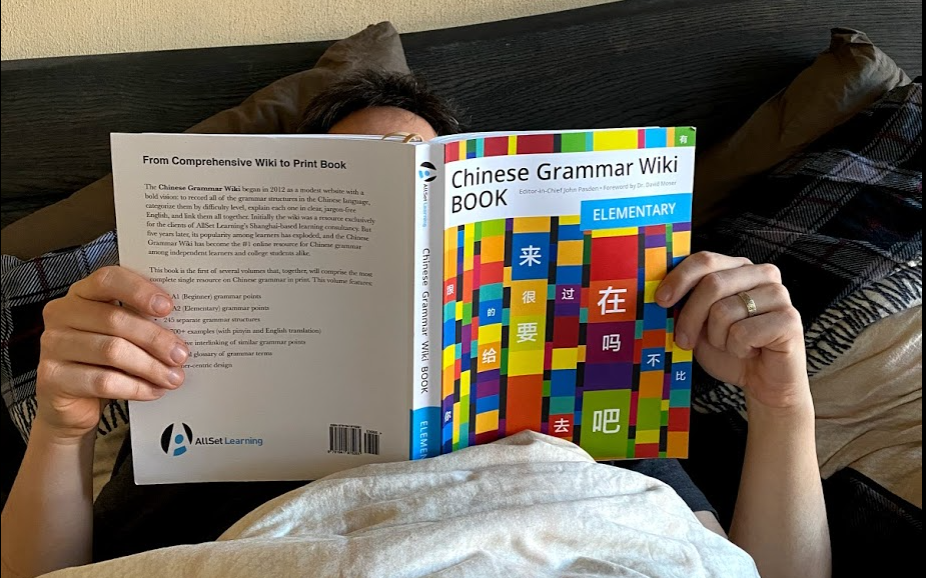We all know, that languages have 4 aspects to them, 2 passive and 2 active. Speaking and Writing are active (output) and Listening and Reading are passive (input). The majority of traditional learning concentrates on just 2 aspects of these 4 – Writing and Reading, and as a result people who studied languages for years at school or universities cannot string even a couple of sentences together in a conversation with a native speaker because they never learned the skills.
In reality, written and spoken languages are so different, that it’s even said that when we go to school at the age of 6 we learn our first foreign language – our mother tongue in written form. We learn that “I’m gonna” should be written as “I’m going to” and so on and so on.
Back in 2015, when I was studying Korean every day I was doing the same mistake – focusing too much on reading and writing and not enough on listening and speaking. I was in a hurry, because I booked my tickets to Seoul in April, and in January 2016 I still couldn’t say anything and then I found this video and it basically changed my life.
I looked for Korean people on Hello Talk and even found some cool ones that became my friends to this day. I tried my best to meet as many exchange students here in Ljubljana as I could and hang out with them. I listened to KoreanClass101 dialogues on repeat for hundreds of times. I was lucky to be able to practice with the wife of our professor here in Ljubljana. And it worked.
Speaking is actually a sort of a muscle memory, like dancing, cycling or snowboarding. Once you say one sentence or word, you might say it awkwardly the first time, second time will be a bit better and third will be much, much better. But you gotta push yourself through that awkwardness and moments where you feel like an idiot. My first conversations in Korean and Chinese sounded like if I was a 2-3 year old baby, but with each conversation I grew and matured, expanded my vocabulary and improved the pronunciation.
I guess my main point here is: If you are learning the language just to read and write, it’s fine, you don’t need to practice speaking. But if you hope to speak with native speakers in the future – you need to work on those skills, they won’t just appear by themselves.
I wanted to write this post about language exchange apps and it became about speaking in general, I’m not sure how that happened 🙂
Here are the apps that I personally tried:
- HelloTalk
- Italki (paid and you can also look for people who want to do the language exchange for free)
- Facebook groups (for example in Korean language group people often ask whether anyone would be interested in speaking Korean to them and surprisingly there’s always quite a lot of volunteers)
There’s also an interesting practice that can be done alone, and it is called Shadowing. I won’t go into too much detail on it, here is a post that sums it up pretty nicely.



